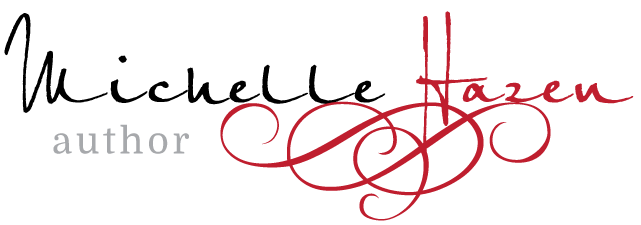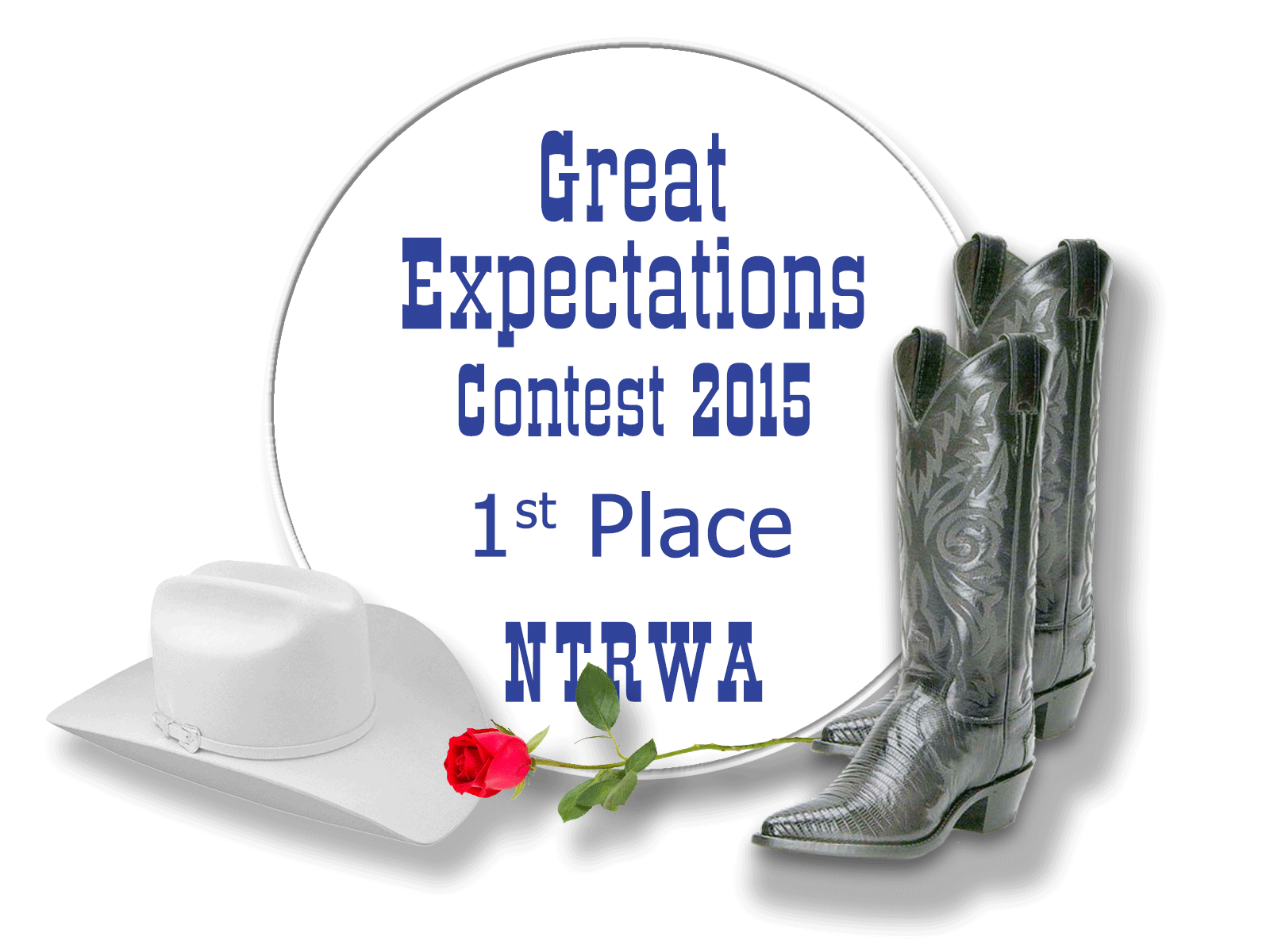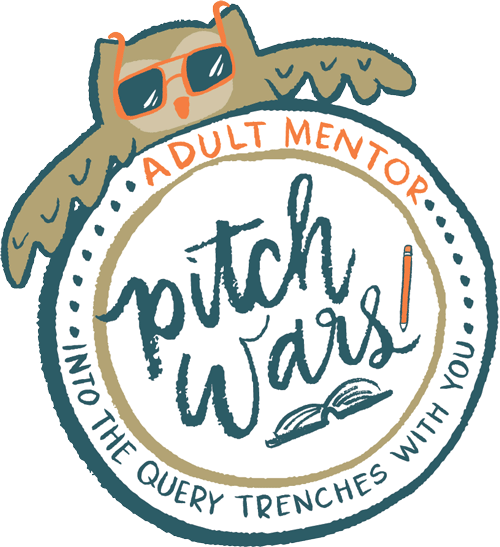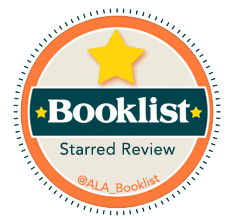What Publishing Can Learn from the Music Industry
The digital age has already come to music, and now publishing is in the same awkward adolescent phase. Record labels didn’t handle it well–think acne, voice squeaks, and a truly disastrous first date with the prom king. So how can we learn from their mistakes?
Weird is in!
An interesting tidbit: studies show that when people move from shopping in brick and mortar stores to shopping online, they make more esoteric, niche purchases and aren’t as likely to buy the same few bestsellers as everyone else.
That’s not just because there’s a wider variety of products (even when selection is the same, people buy more niche online) and it’s not just because weirdos do more of their shopping online (even the SAME people will display more niche/unique buying habits when shopping on the internet).
That means authors outside of the “rock star” bestsellers have a better shot in today’s internet-centric marketplace. It also means publishers need to change what they’re publishing. More on this in a sec.
E = MORE BOOKS
Digital means more books are available:
122,000 books were published in 2000.
3,100,000 books were published in 2010.
There’s more variety, and there’s also more competition. Because of the overhead costs involved, record labels and publishers have traditionally put all their resources behind just a few artists. Now, you can take advantage of more of the marketplace by putting out more varied ebooks with niche market appeal.
Netflix has done an incredible job of this in making TV shows: it took data about what people watched and instead of trying to create one show most people would kind of like, it created 10 shows that a few people would LOVE. In an online marketplace, that kind of strategy can pay. Back in the days of shipping costs, ink and limited shelf space? It didn’t. But those days are gone and weird is in, baby!
People who shop online buy weirder stuff.
Publishing would be smart to diversify their imprints to capitalize on the broader tastes of an online buying audience. People nowdays don’t just want pancakes. We still love pancakes: we just want a blueberry option and a banana-flax option and…well, you know how we are.
Rolling back prices, every day
Here’s some good news: Ebooks made publishing cheaper. Now, traditional publishers can take more risks on new authors with e-first imprints that don’t have the overhead costs of print publishing. It also means that books don’t go out of print. The success of a book is no longer set in stone by the first two months of sales. Plus, authors can have a better shot at a living wage by leveraging their backlist.
The music industry eschewed digital versions of their albums, and most digital recordings were provided by pirated streaming sites before the labels ever got on board. This is one area where Publishing has done great: they’ve made ebooks of most titles available as soon as they could.
Thanks to digital, indie is a real thing.
After the internet took the world by storm, the music industry had its Macklemores and Lindsay Stirlings: independent artists with a superstar following thanks mostly to their ability to make cool YouTube videos. Publishing now has its Colleen Hoovers and 50 Shades of Grey’s EL James: people who put their book online and were discovered (in droves) by readers without the middleman of a publisher.
Digital publishing has made obsolete the two biggest advantages of traditional publishers: their distribution network and their ability to pay for large print runs of books. But wait, what about all their loyal customers? Doesn’t that count for anything?
Traditional Publishers (with the exception of Harlequin) have never gone out of their way to create brand loyalty amongst their readers (when was the last time you looked to see who published a book before you bought it?). Instead, they always cultivated individual author brands. Which means now, they have no loyal fanbase to bolster their sales as indie authors create and market their brands online with far more panache and internet skillz than the Big Five have ever shown.
Publishing will have to get more trend savvy and learn a lot about marketing to an online audience if they hope to keep their market share away from indie authors. You might be surprised to know that in several genres (romance being a big one) they’re already selling less books than indie authors.
Digital publishing has made obsolete the two biggest advantages of traditional publishers: their distribution network and their ability to pay up front for print books.
One file type to rule them all
As I discussed in my blog on book piracy, the record labels lost tons of revenue they still haven’t regained when they failed to adopt a universal digital file type. The people pirating music used the mp3, and the record labels only caught up much later. The publishing industry is lagging way behind on this.
If you buy your ebook on Amazon, you have to read it on a Kindle or a Kindle app, and this is part of what is driving piracy of books. If you buy an ebook on Barnes & Noble, you had to read it on a Nook (past tense, because that system is already circling the financial drain). People don’t want to be told how and where they can read their ebooks.
The publishing industry needs a universal file type for ebooks, and they need it…oh, about five years ago.
Follow the Data
If the Big Five doesn't find a way to get and use their own data set, it won't be long before Amazon's not just the biggest bookstore...it's the ONLY bookstore.
Amazon currently sells 60% of the ebooks that exist. It also sells ice pack hats, every color of shoelace, and erotica about Bigfoot.
They sell EVERYTHING, and the reason Amazon is kicking the ass of every other retail outlet on earth is because they follow the data. They know exactly what everyone looks at, what they buy, and they use that information to design their site. More and more, they’re using it to make what people want. Amazon just barely started making their own original TV series and they’re already winning Golden Globes over opponents like HBO and the CW who have been in the TV business for a long time.
Amazon has their own publishing imprints and over time, books from Amazon imprints outsell all the Big Five published books and all the indie authors. They don’t just sell for two months and then drop off a cliff. They put out stuff that sells month after month, year after year.
Part of that is no doubt because Amazon controls all the algorithms and advertisements you see on their site. And part if it is because they know more about what readers want.
The reason Amazon is kicking the ass of every other retail outlet on earth is because they follow the data.
In film and television, the people who could data-mine viewer preference and make content accordingly have been very successful. Think: Netflix. The people who had no access to viewer data have been putting out movies that have gotten less and less popular.
Ever wondered why people are watching more shows than movies these days? It’s because the shows are made by people who know what you’re watching, what you like, what parts you stream over and over again, and what scene made you stop watching. And the movies are made by people who can only judge on ticket sales after a product is already made.
Publishing, if it wants to survive the fierce battle for people’s attention, needs to put itself in the position to see exactly what people want and why, and then provide them with THAT. Right now, Amazon is the only one who can do that to do that. If the Big Five doesn’t find a way to get and use their own data set, it won’t be long before Amazon’s not just the biggest bookstore…it’s the ONLY bookstore.
Their Kindle Unlimited program is a thinly veiled data mining wet dream. They can see exactly where people stop reading and what scenes they re-read. But that’s not the bad part, because Kindle Unlimited is no Netflix, and it’s not going to launch a golden age of novels. Don’t worry, I’ll save my rant for elsewhere.
The tl;dr version is that at best it underpays writers and encourages cheap hooking techniques and manufactured cliffhangering at the expense of good writing. At worst, Kindle Unlimited could undermine the entire system by which authors are paid for writing.
We’ve seen artist pay and record label revenues sharply decline under the reign of Spotify and Pandora, though there’s some evidence their monopoly might soon be broken. If you want my doomsday prediction, I’ll just say this: In areas where we’ve successfully managed to study it, not paying for creative content meant that less content was produced and what was produced was of declining quality.
Value is a real thing, people. The less you pay for music and books, the less you get.
Kindle Unlimited is a very thin step up from outright pirating books. On the other hand, the data mining Amazon is doing through that will likely tell them enough about what people want that soon, all your favorite books will be produced by an Amazon imprint.
Whether you’re a traditionally published author, an indie author, or a reader, think very carefully about how you want to position yourself in the fast-changing digital publishing landscape. It’s clear, though, that in the digital marketplace, the most successful companies are the ones who find ways to get consumer preference data, and use that to decide what to publish. The people who follow the data will always win.
The people who follow the data will always win.
§
I didn’t talk much about study design or cite specific sources in this, in order to preserve faster blog pacing. And because probably only me and Dan Koboldt would be interested. But if you’d like to read about the studies I quoted in this article, or just get more in depth on this whole topic, here are the resources I used to write it:
STREAMING, SHARING, STEALING: Big Data and the Future of Entertainment by Michael D. Smith and Rahul Telang. -This is one of the best nonfiction books I’ve read in a long time. Interesting, engaging, fast paced, and a quick read. Plus, absolutely crucial information for understanding the time we’re living in.
What Authors can Learn from the Music Business, on Joanna Penn’s podcast The Creative Penn.
Smashwords info on piracy and DRM in self-publishing.
Data Guy Presentation on habits of successful authors and market share of the Big 5.


















